COLOGNE — Lufthansa Group has confirmed plans to eliminate 4,000 positions by 2030, marking the latest major airline to restructure its workforce amid widespread adoption of artificial intelligence.
The German aviation giant announced the cuts during its Capital Markets Day in Munich on Monday, targeting primarily administrative roles while preserving operational staff positions.
Strategic Restructuring Through Digitalization
The job reductions represent approximately 4% of Lufthansa's total workforce of 101,709 employees as of 2024. The cuts will focus exclusively on administrative positions rather than operational roles such as pilots, flight attendants, and maintenance personnel. Most eliminations are expected to occur in Germany, where the airline maintains its headquarters and primary operations.
Lufthansa emphasized that "significant transformations driven by digitalization and artificial intelligence" will enhance efficiency across various business sectors and operations. The company specifically cited the elimination of "duplication of work" as a primary driver, as it integrates operations across its five network airlines: Lufthansa (LH), SWISS (LX), Austrian Airlines (OS), Brussels Airlines (SN), and ITA Airways (AZ).
Financial Targets, Fleet Modernization
The restructuring aligns with ambitious financial objectives announced at the Munich presentation. LH projects an adjusted operating margin of 8-10% starting in 2028 and expects adjusted free cash flow to exceed €2.5 billion annually. These targets follow a challenging 2024, when the company's adjusted EBIT fell to €1.6 billion from €2.7 billion the previous year, despite achieving record revenue of €37.6 billion.
The airline group simultaneously announced plans for its most considerable fleet modernization in company history, adding over 230 new aircraft by 2030, including 100 long-haul planes. This expansion occurs alongside workforce reduction, illustrating the company's strategy to grow capacity while streamlining administrative operations through automation.
Industry-Wide AI Adoption Trend
Lufthansa joins a growing list of companies implementing AI-driven workforce reductions. The announcement follows similar moves by technology firms, including Salesforce, which CEO Marc Benioff said reduced headcount "from 9,000 employees to around 5,000, because I need fewer personnel."
Klarna reported a 40% workforce reduction attributed to the implementation of AI, while Accenture and other major corporations have announced comparable restructuring initiatives.
In the aviation sector specifically, airlines are increasingly leveraging AI for operational efficiency, from predictive maintenance to passenger service optimization. The technology's implementation spans workforce planning, route optimization, and customer experience enhancement, fundamentally reshaping traditional airline operations.
Labor Relations, Timeline
The company indicated it will conduct the reductions "in consultation with social partners," meaning negotiations with unions and workers' councils will guide implementation. The Verdi union, representing administrative staff, described the cuts as "drastic" and vowed to resist the reductions.
Lufthansa has not provided a specific implementation timeline beyond the 2030 completion date, suggesting a gradual reduction in its workforce over the next five years. The airline expects the cuts to generate approximately €300 million in annual savings once fully implemented.
Broader Economic Context
The announcement occurs against challenging economic conditions in Germany, where Lufthansa faces rising operational costs, labor disputes, and aircraft delivery delays. Germany's economy is experiencing its second consecutive year of recession, with unemployment reaching decade-highs. Industrial giant Bosch recently announced plans to cut 13,000 jobs, indicating broader economic pressures affecting major German corporations.
Despite these headwinds, LH reported strong travel demand with constrained supply creating favorable market conditions. Limited aircraft availability due to supply chain challenges has kept flights at capacity, supporting revenue growth even as the company restructures operations.
The restructuring represents LH's response to investor criticism regarding high structural costs and operational complexity across multiple hubs and airline brands. The company issued two profit warnings in 2024, prompting management to implement a comprehensive turnaround program that is now taking effect.

.jpg)
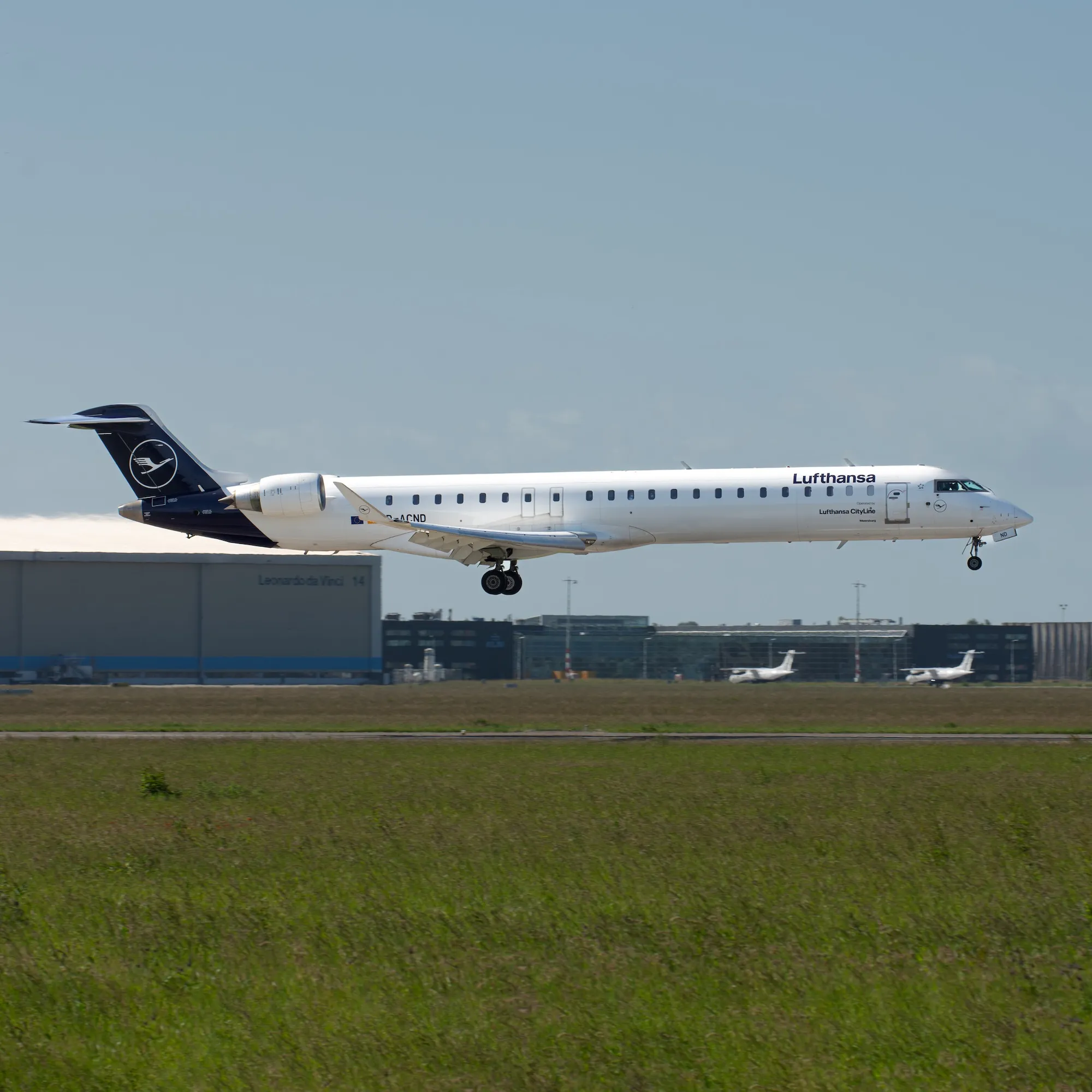
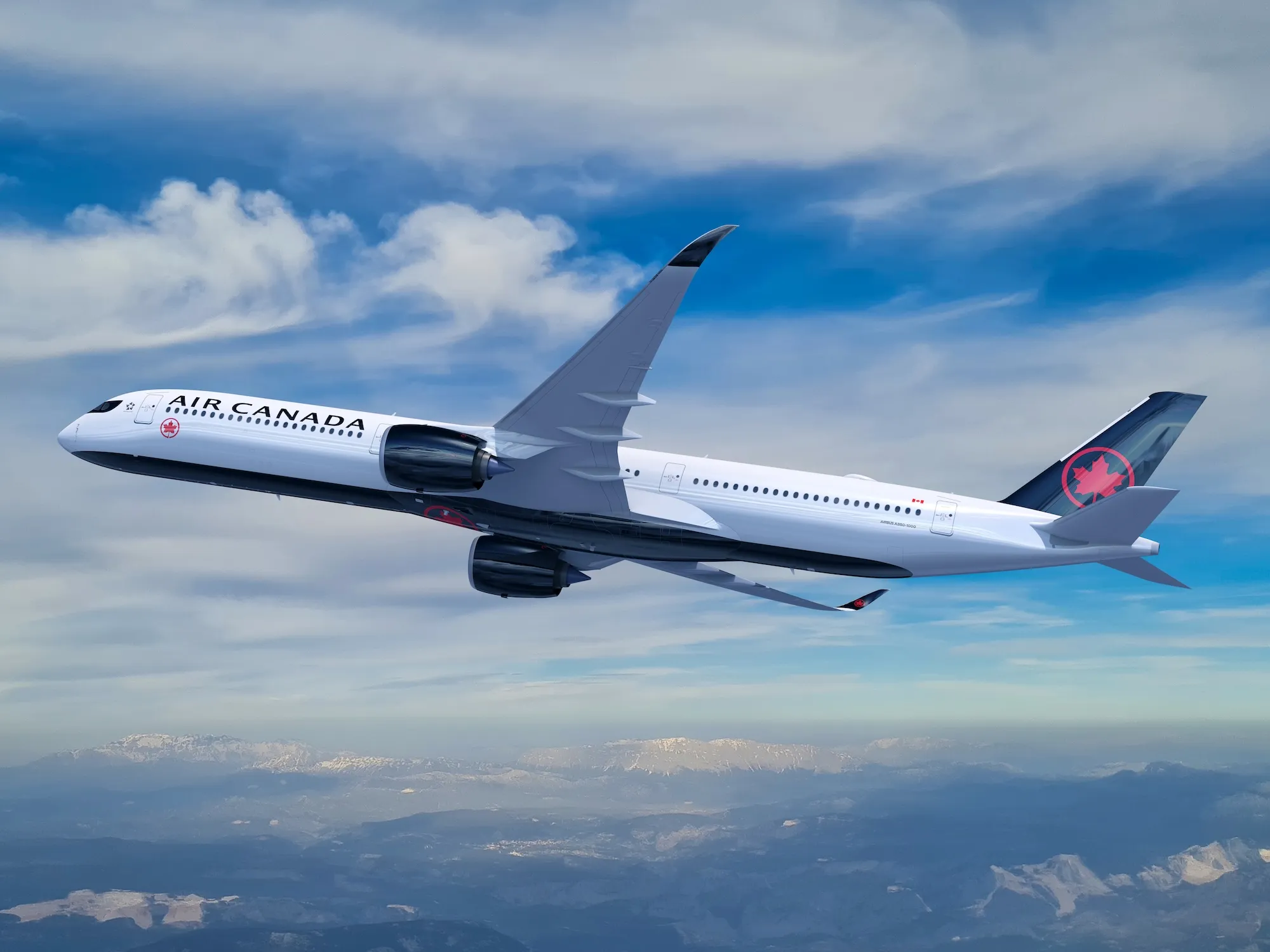
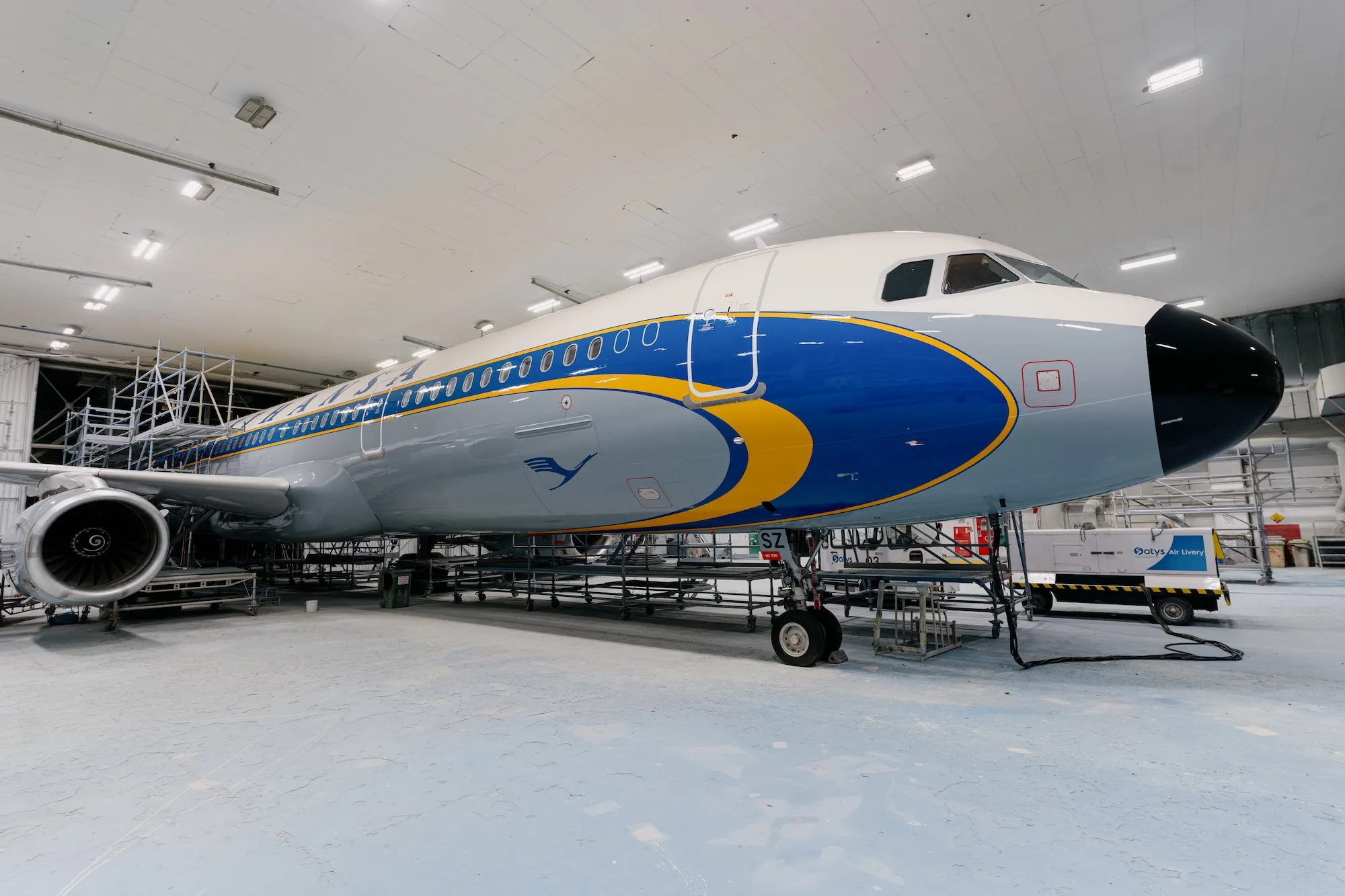
.webp)
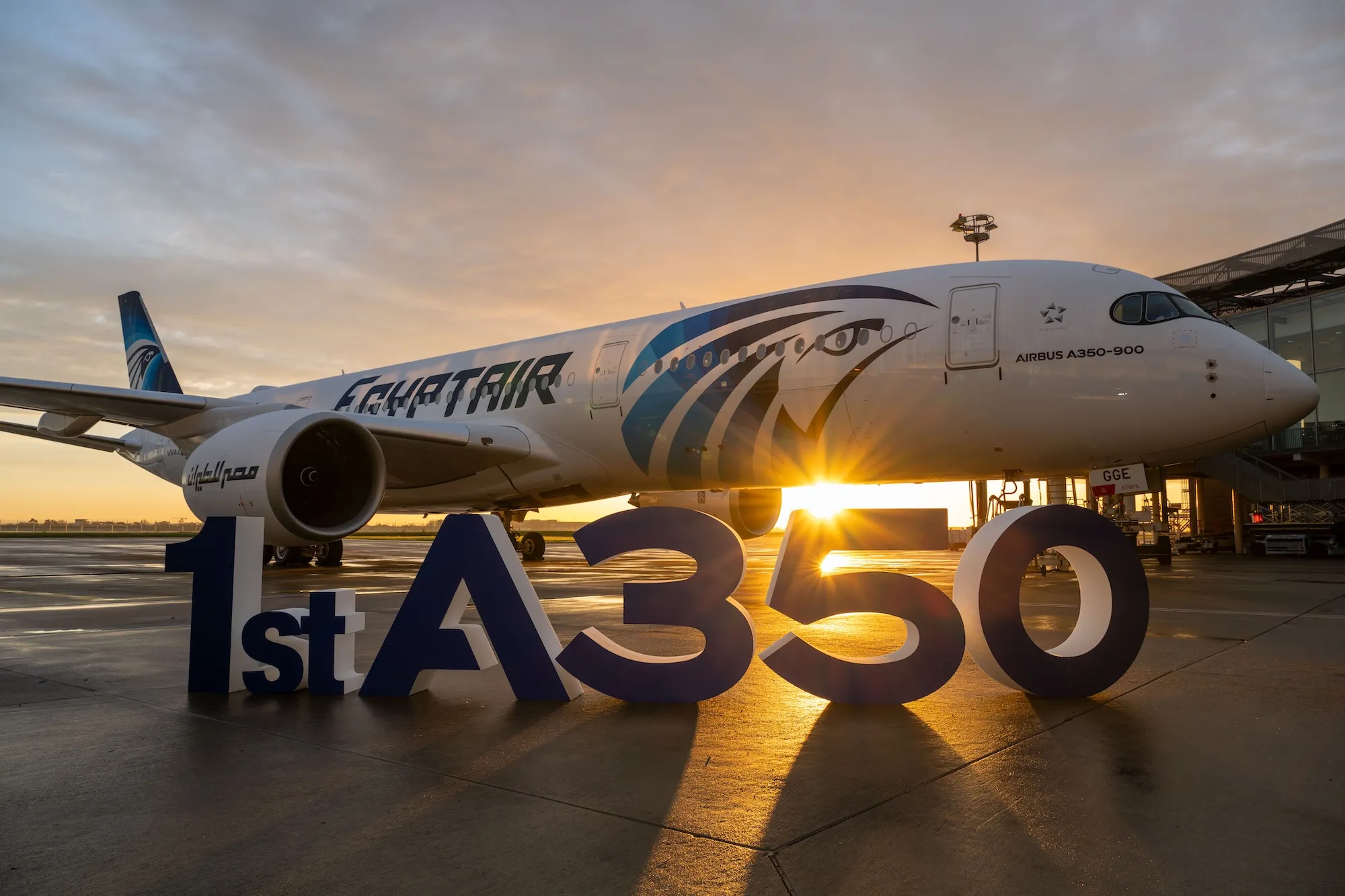


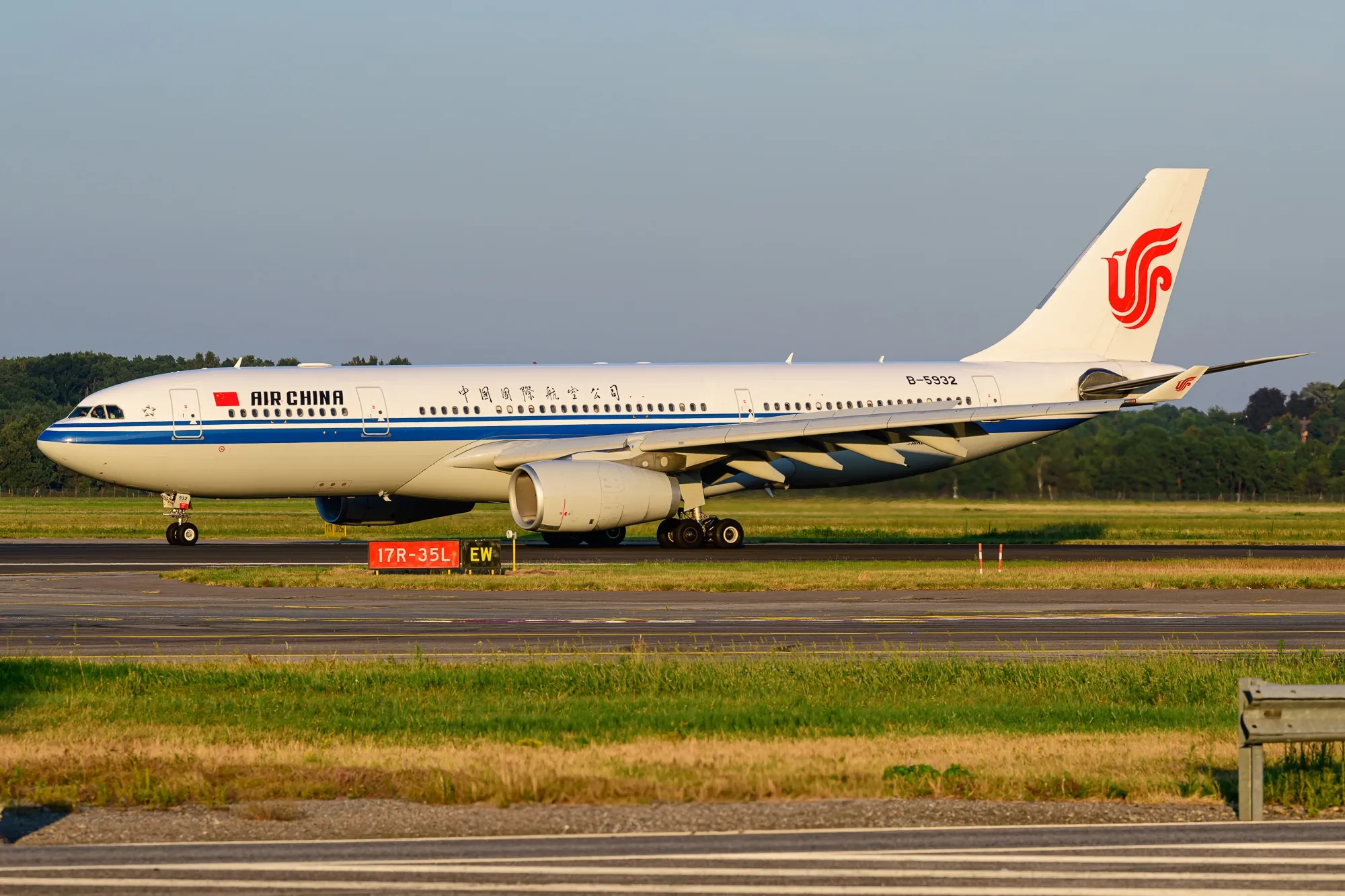
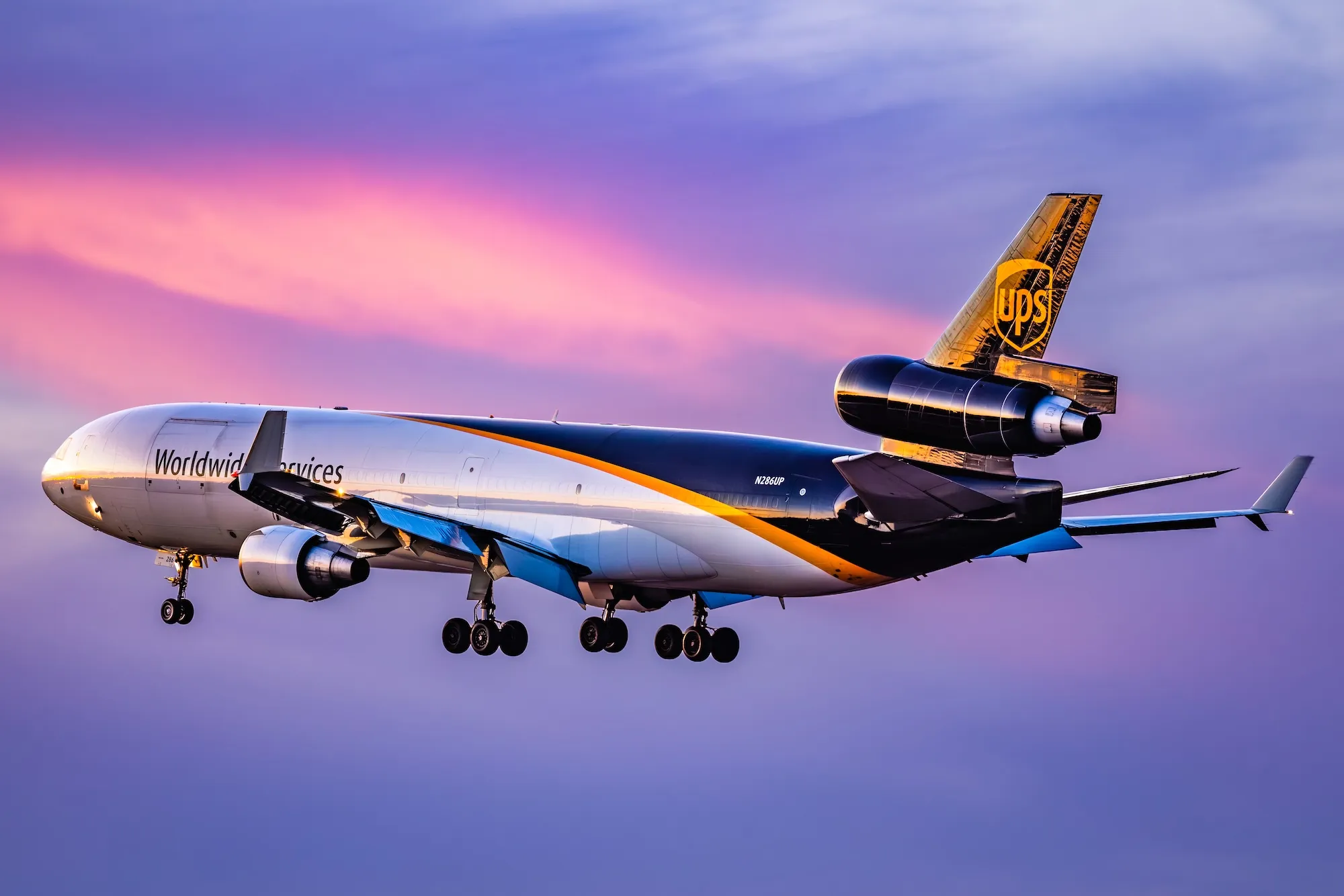
.webp)